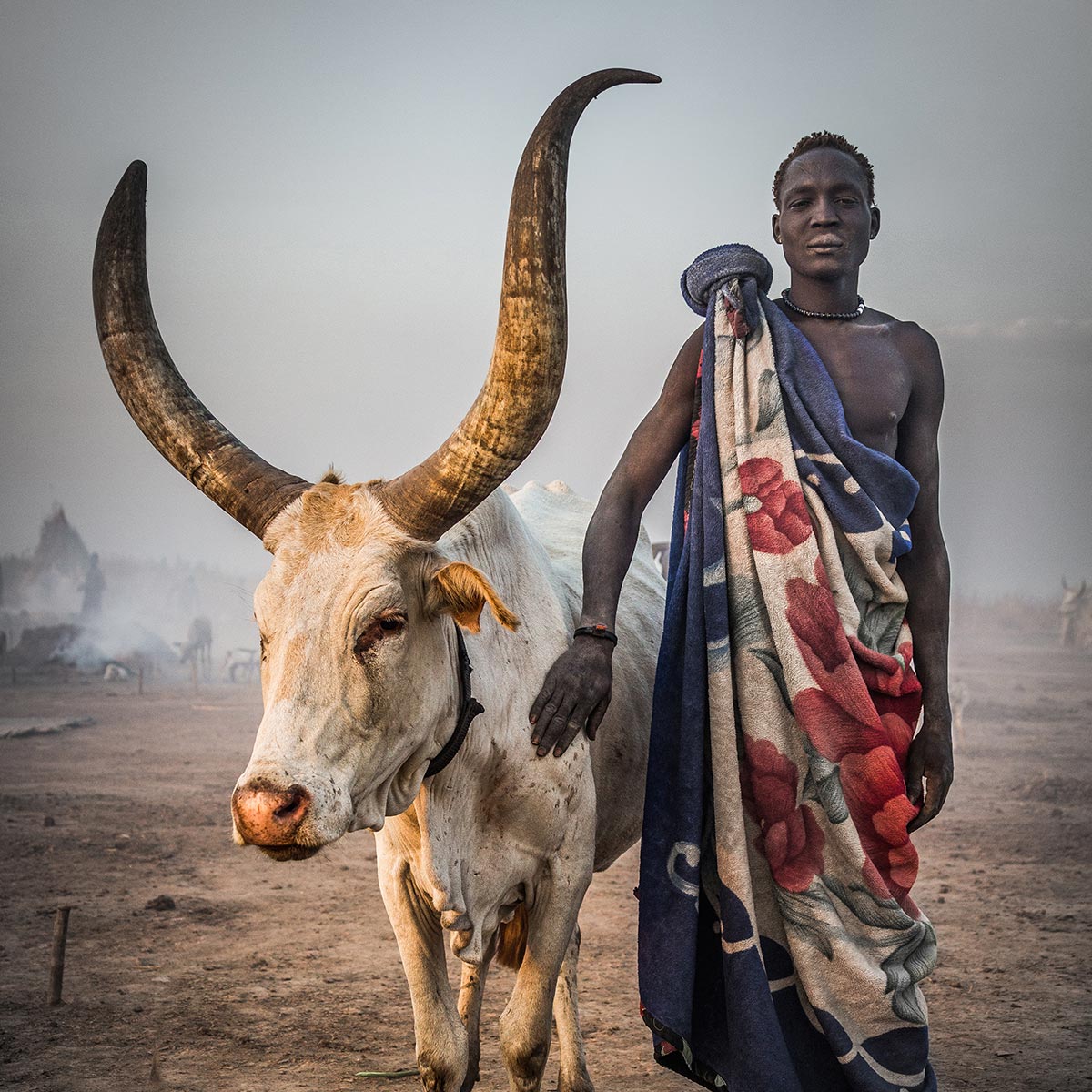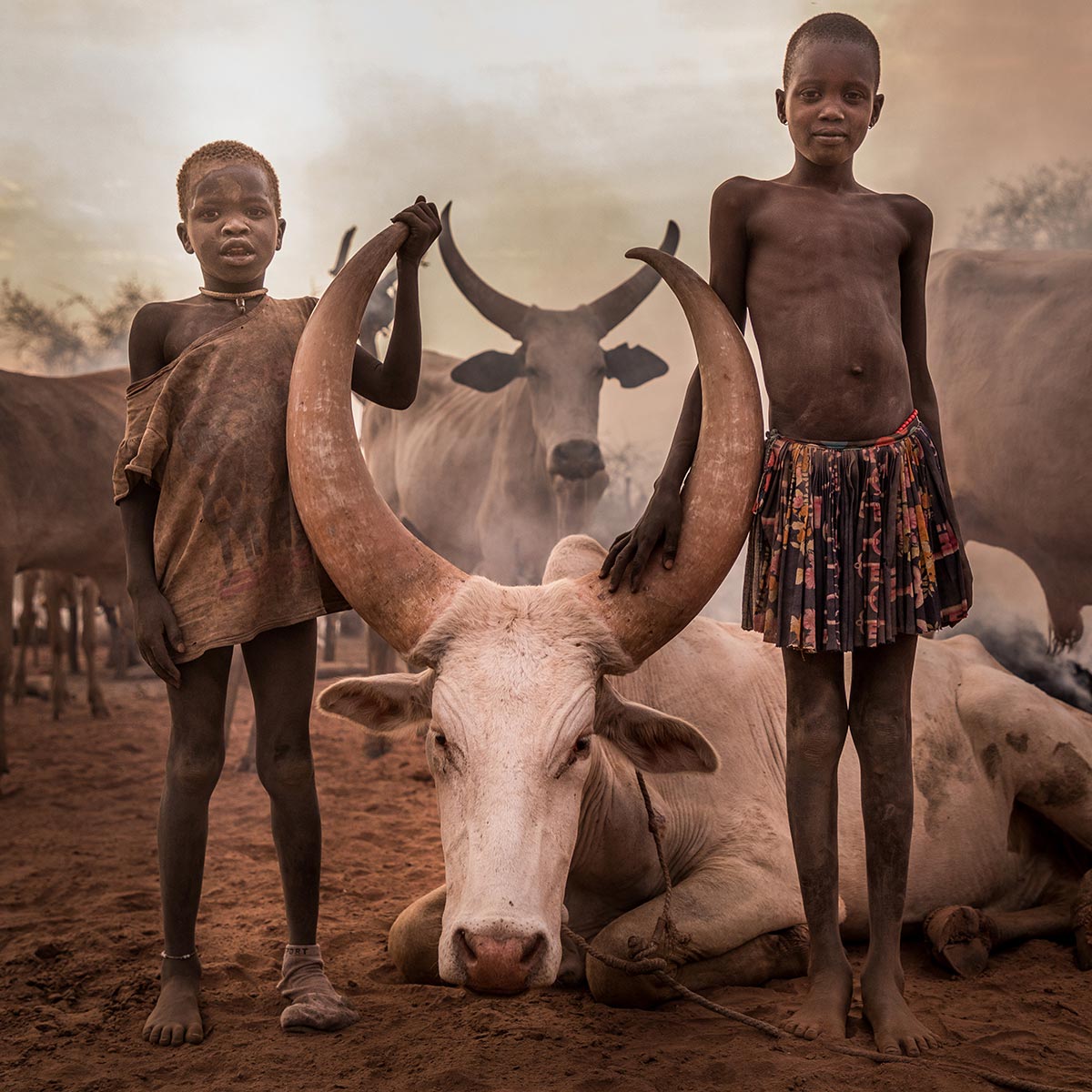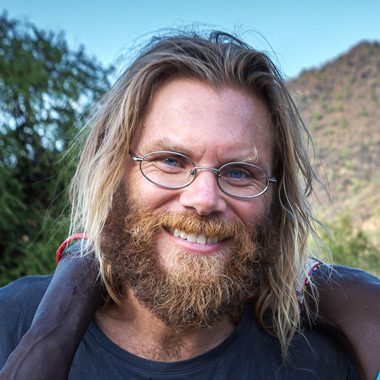I first went to South Sudan on request. It was in November 2012, less than a year after the United States, the European Union and China approved the results of the referendum for independence. The new state was not so new. For 40 years (1916-1956) this territory was known as Equatoria within the British Empire, which stretched from Cairo to Cape Town. Equatoria was treated in a special way by the colonizers. The great diversity of tribes still naked drew so much attention that the English administration decided to close it to technological and economic development and hid it from the rest of the world.
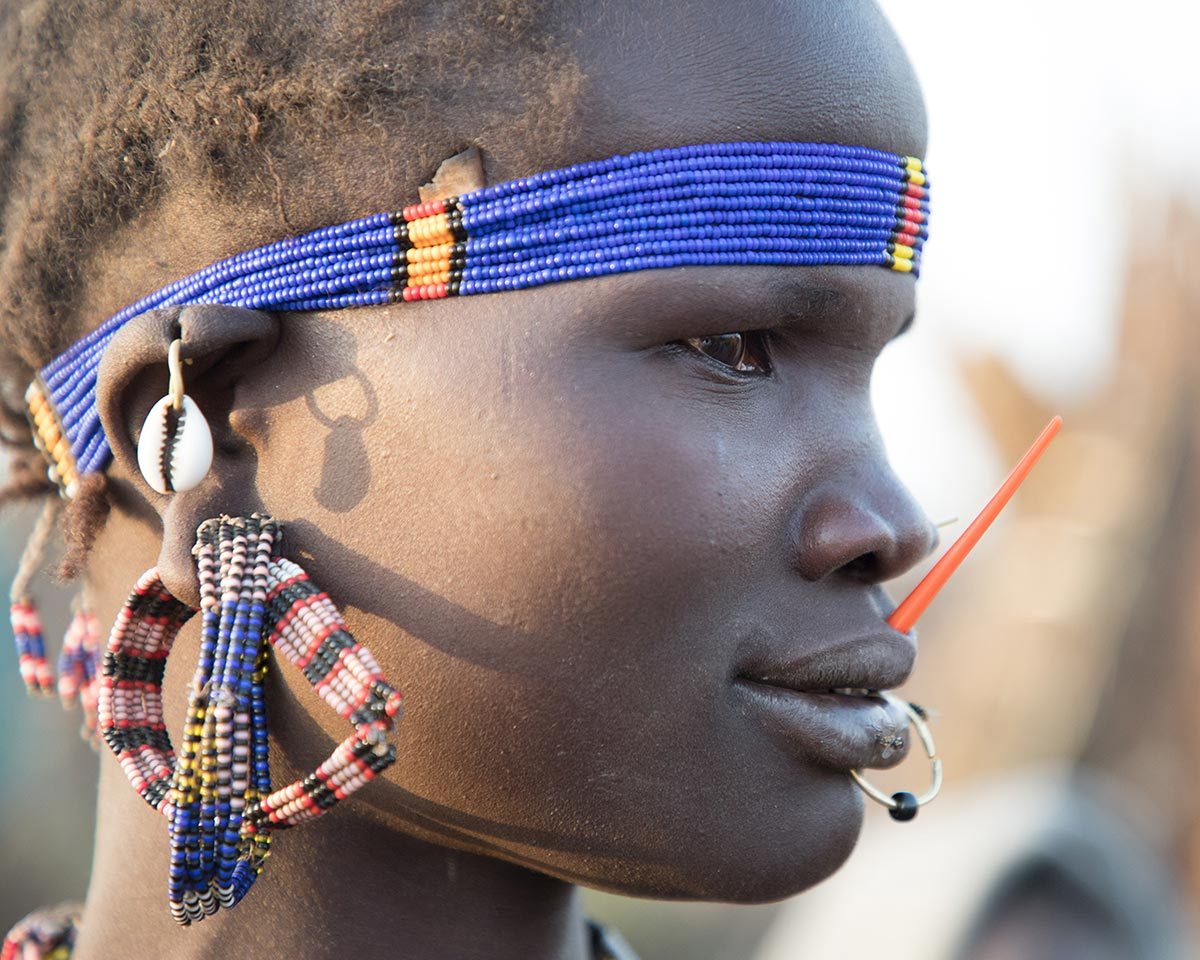
The "Island of Cultural Resistance" myth has attracted the curiosity of explorers, travelers, and ethnographers for decades. With the end of the Civil War (1956-2002) and with the future ahead, South Sudan had appeared in society to be admired. Many travel agencies have kept an eye on it for years and a British tour operator asked me to do a prospective trip in South Sudan to see the possibilities it offered.
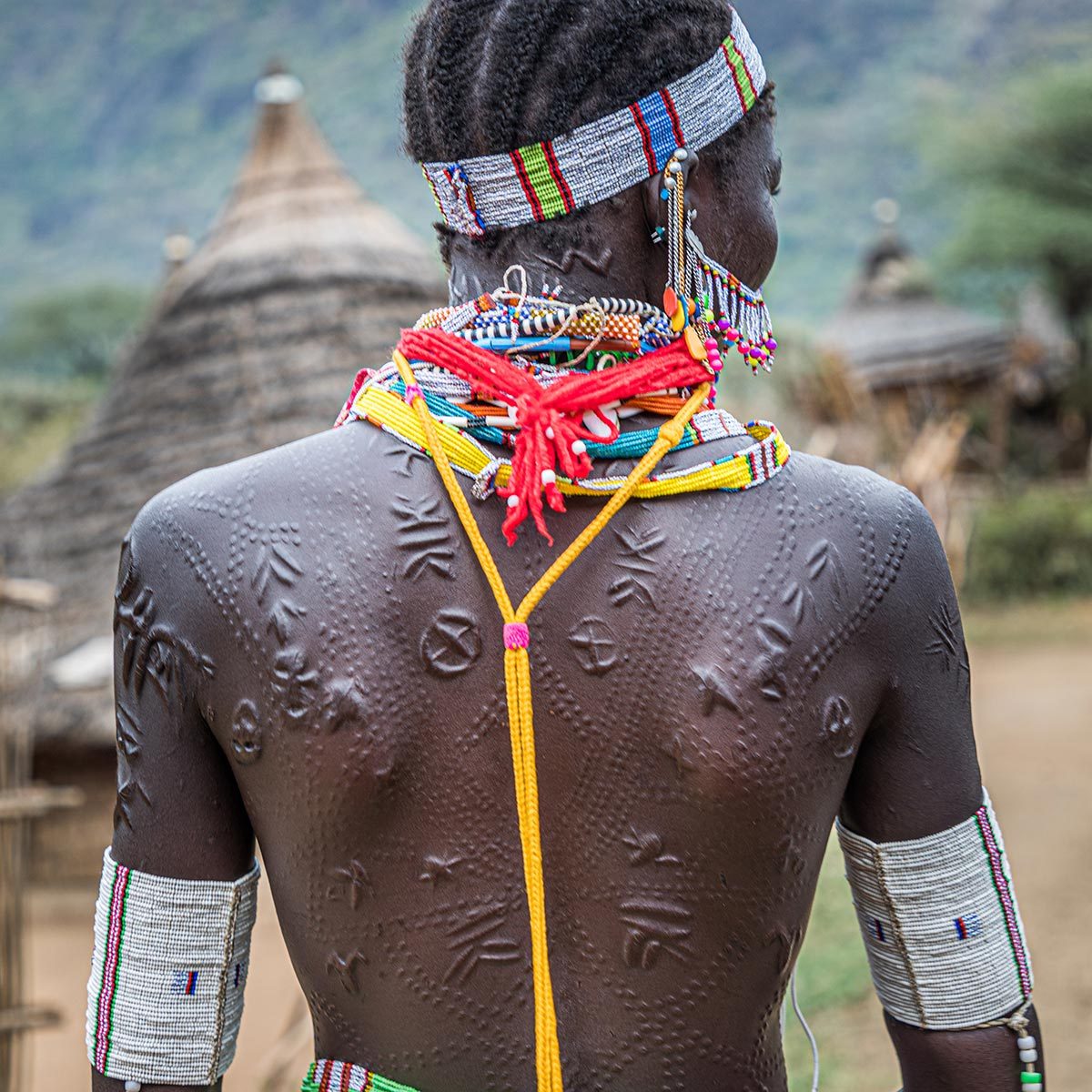
The arrival in the capital of the new country, Juba, was impressive and unforgettable. There was no arrival hall to use, a large UN tent at 45 degrees Celsius welcomed us, and suitcases were handed to us through a gap in one wall. Two meter scarified soldiers and thousands of flies around piled carton boxes of ‘fresh’ meat… Welcome to South Sudan, the World’s youngest country. You stayed or left, logically I stayed to discover ‘the country of the tall blacks’.
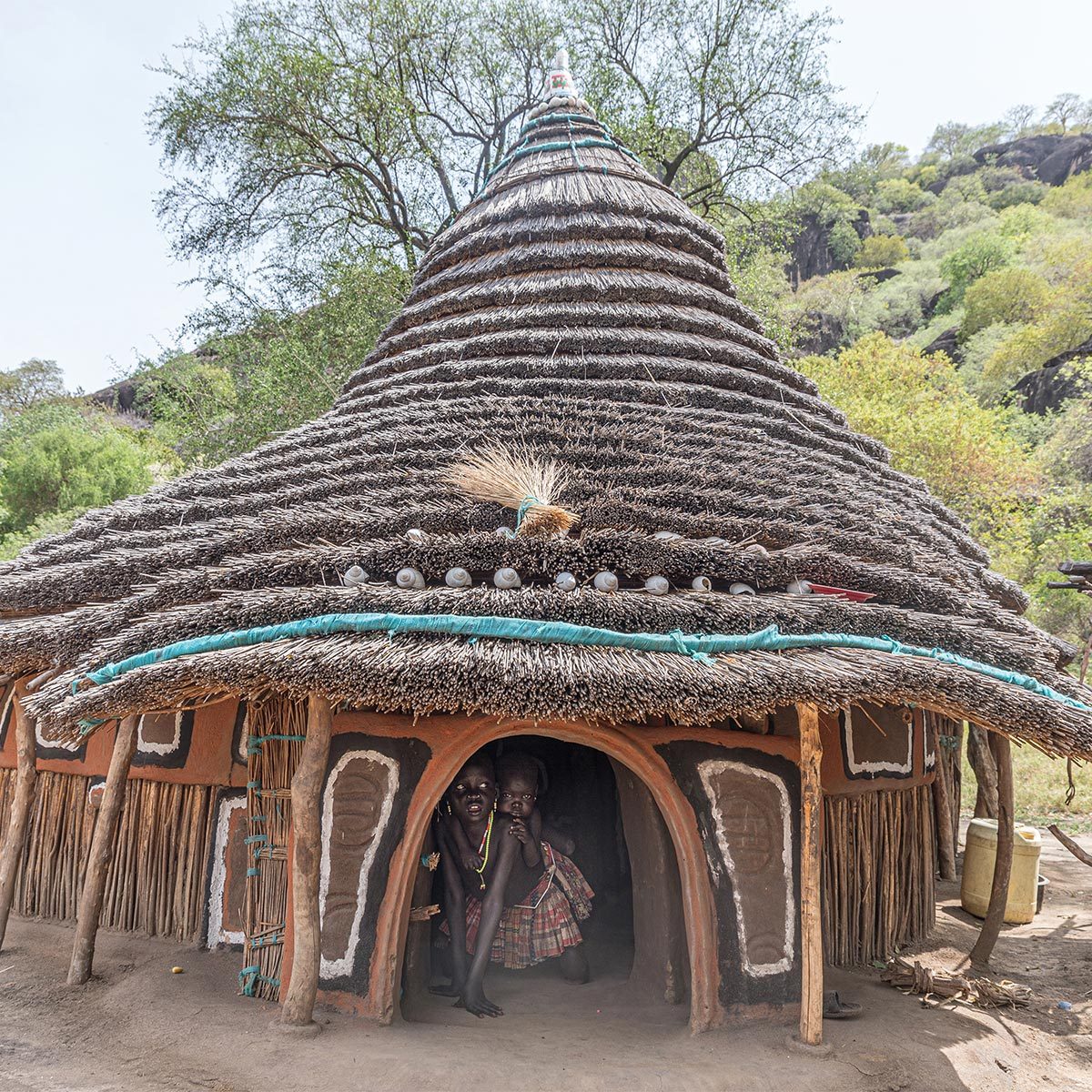
The driver was not there, the guide also failed. I took a taxi driven by a nice but terrified Ugandan to live in such a wild country and arrived at Raibow hotel run by exiled Eritreans. As I entered the scene, South Sudan was like so many African countries where I had lived and worked but harder and more extreme and had not yet left the capital.
When the driver-guide appeared a day later, I was able to start the tour of former Equatoria. I explored 3 natural and cultural ecosystems: the White Nile, the Lafit and Didinga Mountains and the Kapoeta plains. In 2012 there were only 30 paved kilometers of road, the rest were hellish dirt tracks. It was to go back to the origins of the expeditions into the Black Continent. The low colonial presence, the absence of missionaries due to the war and its geographical isolation had preserved an ancient and fascinating world that impacted me to this day. After that first prospective trip, I have returned to South Sudan more than 10 times and described its ethnic groups in various articles. In 2016 we created the receptive agency Last Places South Sudan to be able to offer travel experiences to anyone interested in getting to know Africa as it was.
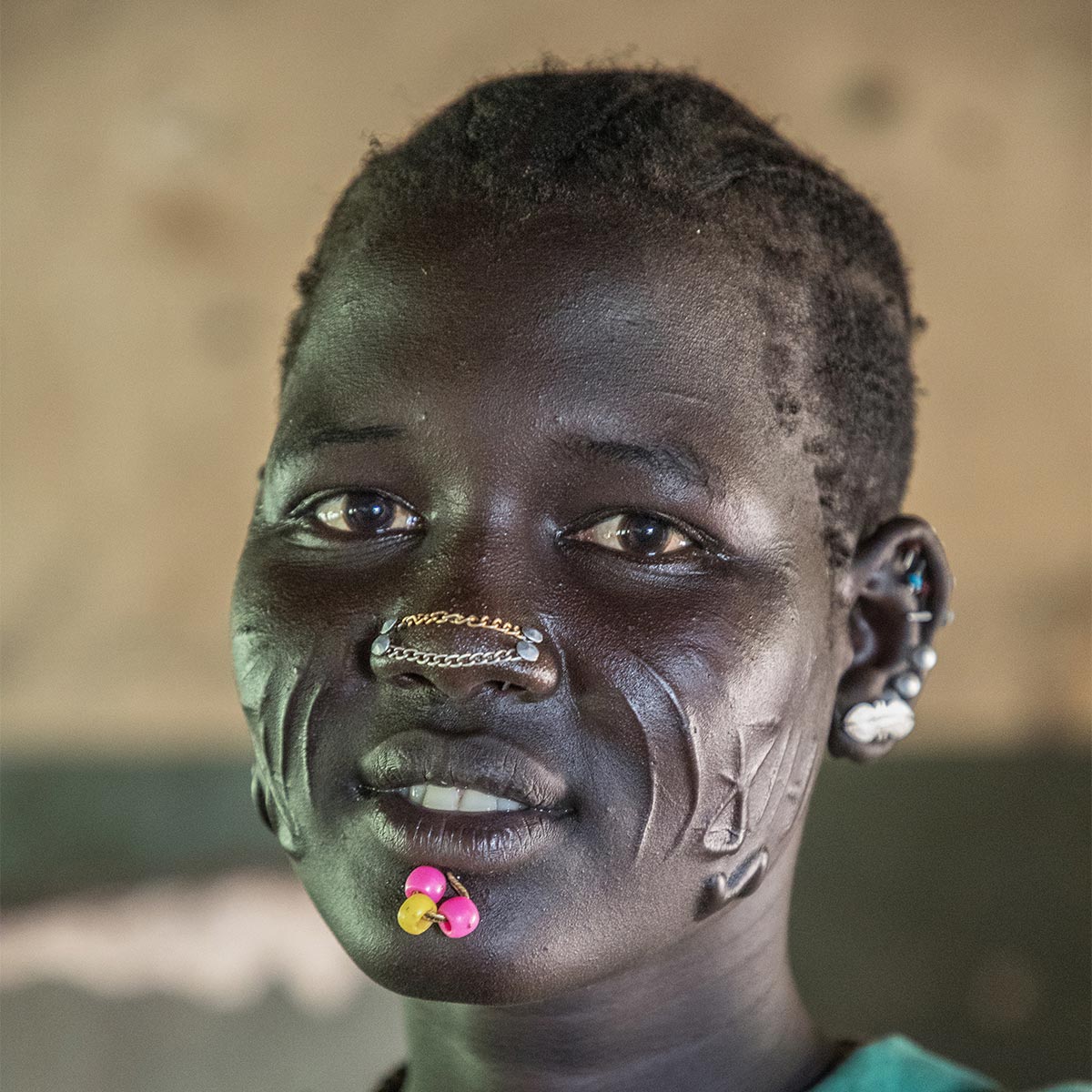
Traveling to South Sudan is one of the most exciting and exciting experiences that can be experienced today in this globalized world.
